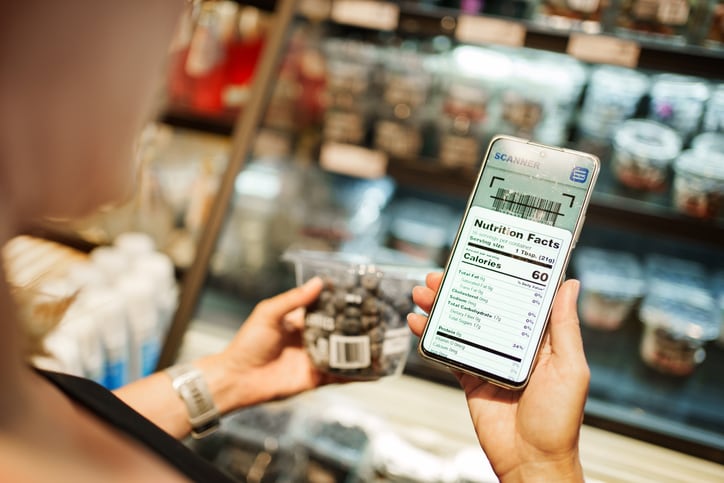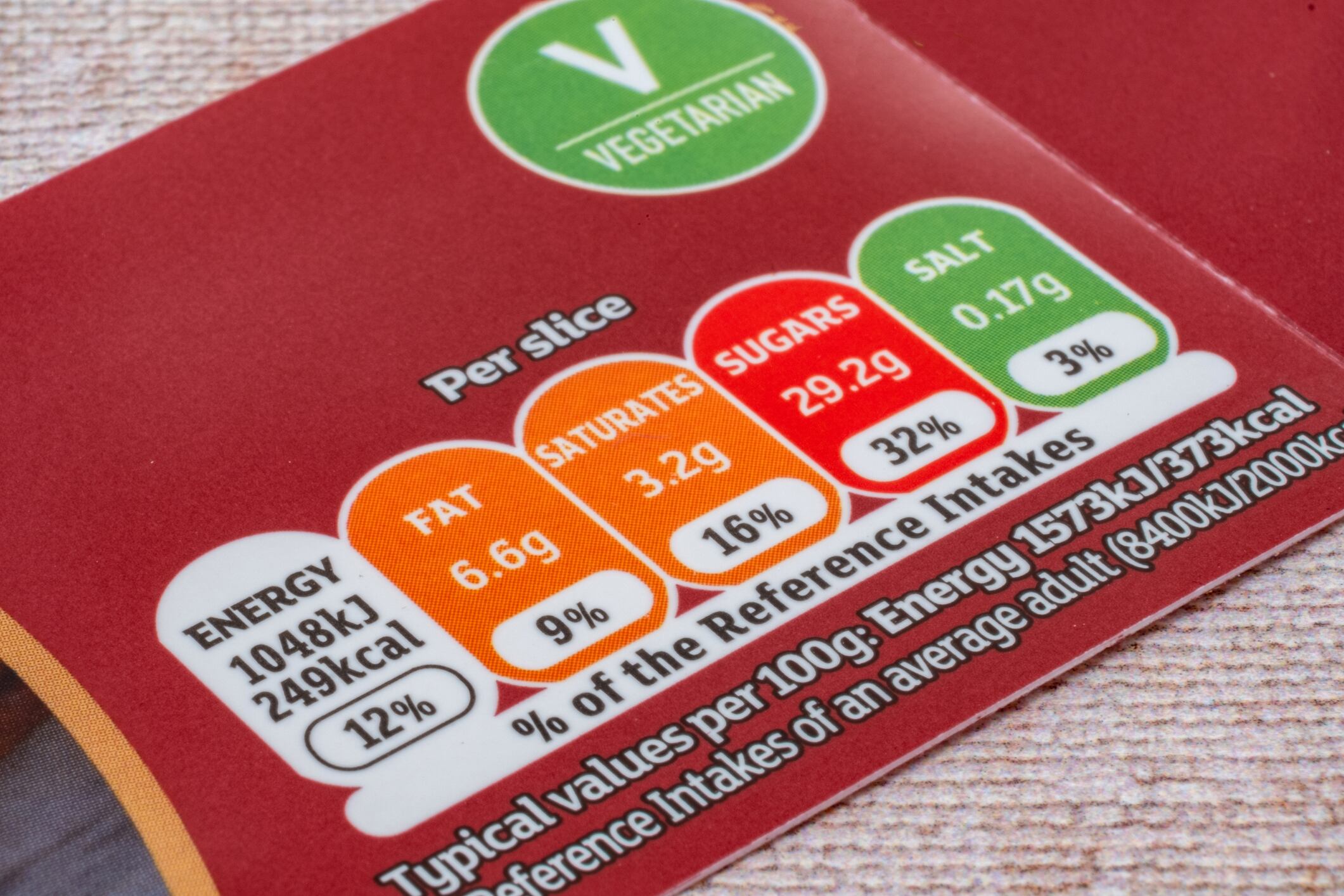As Trump administration appointees take aim at FDA’s Generally Recognized as Safe process and politically-fueled concern about ‘chemicals’ in food mounts, the Consumer Brands Association is advocating for mandatory GRAS notifications and beefing up its consumer education tools.
“We’ve all heard the Trump administration’s call for ‘radical transparency’ as part of the Make America Healthy Again agenda,” but what some might not realize is the CPG industry “has been putting the transparency into ‘radical transparency’” for years through labeling initiatives that go beyond the basics of the Nutrition Facts, CBA says in memo sent to “interested parties” earlier this week.
But, it acknowledges, industry can do better – by raising consumer awareness about existing educational tools and working with regulators and Congress to “identify and implement solutions” that address rising food safety concerns related to GRAS.
“Arming consumers with the facts they need to make informed decisions about the food, beverage, household and personal care products they choose for their families is a long-time, ongoing priority for the makers of America’s most trusted household brands,” which is why “we are undertaking new initiatives that further increase access to the information consumers need about the products they use every day,” the memo notes.
CBA: ‘GRAS is not a loophole’ but could ‘be improved’
One way CBA says industry can reassure consumers and government leaders that the ingredients in CPGs are safe is to support efforts to strengthen – but not dismantle – the GRAS notification process.
HHS Secretary Robert F Kennedy Jr’s has declared that the GRAS process is a “loophole” that “ingredient manufacturers and sponsors have exploited” to introduce in the US food supply “new ingredients and chemicals, often with unknown safety data.”
This is inaccurate, according to CBA and industry stakeholders.
“GRAS is not a loophole for companies to sneak ingredients into the food supply,” CBA underscores in the memo.
Rather, GRAS is a notification – not approval – process by which companies can either tap an independent panel of experts to assess the safety of an ingredient or submit safety data to FDA for assessment. The first path does not require companies to notify FDA of an ingredient’s self-affirmed status, and the second does not result in agency approval, but rather simple recognition if FDA does not object to a company’s determination.
While CBA and other industry leaders maintain the GRAS process is vital for innovation, it acknowledges in the memo the process can “be improved to bring greater understanding and visibility into how ingredients are evaluated for human consumption before and after entering the marketplace.”
To that end, CBA says, industry “agrees to mandatory GRAS notifications for new GRAS ingredients. All new GRAS ingredients should go through an appropriate FDA pathway before entering the market.”
For existing ingredients, CBA says industry “will collaborate with FDA to deliver a comprehensive list of food ingredients to bring greater transparency to consumers.”
Stepped up post-market safety reforms require ‘adequate resources’
For this to work, however, CBA adds that “FDA needs adequate resources,” including additional funding dedicated to ingredient and additive safety – aka pre- and post-market safety reviews.
Over the past few years, FDA has aggressively worked to bolster its post-market chemical review program and create a more systematic approach to identifying ingredients for additional evaluations. The agency outlined last September a proposal for updating its post-market safety review process and solicited public comments through the rule-making process.
Last week, the agency announced it is “launching a stronger, more systematic review process for food chemicals already on the market,” including key actions that echo those already set in motion by the agency under former FDA Deputy Commissioner Jim Jones.
In addition to promising a “final, systematic post-market review process shaped by stakeholder input,” FDA updated its list of chemicals under review to include BHT, BHA and ADA.
GRAS remains in MAHA’s crosshairs
CBA’s proposition for amending GRAS process protocols came one day before the Make America Healthy Again Commission published its much-anticipated first report on children’s health in the US, in which it blamed ultra processed food, in part, for a “the rise in childhood chronic disease.”
In the report, the commission reiterated Kennedy’s call to reform the GRAS process.
It urges “independent studies evaluating the health impact of self-affirmed GRAS food ingredients, prioritizing risks to children and informing transparent FDA rulemaking.”
Educating consumers: CBA asks Kennedy to promote SmartLabel
In addition to committing to working with government leaders to enhance ingredient safety reviews, CBA says it is stepping up efforts to educate consumers about ingredients safety and function.
For example, this week it added an ingredients page to its Food Processing Facts website launched in 2024 “as a digital resource for fact-based information and resources about food processing and the many benefits it plays to ensure food safety, improve nutrition security and reduce food loss and waste,” the trade group said in the memo.
The page includes information about preservatives, nutrients, emulsifiers and stabilizers, sweeteners and the numbers included in the Nutrition Facts box.
The page also points people to learn more about industry’s SmartLabel program, which offers consumers additional information through a QR code on pack about how products are made and their ingredients.
Even though SmartLabel has been available for a decade, CBA acknowledges “consumers can’t use a tool if they don’t know it exists.”
As such, it calls on Kennedy to “publicly endorse SmartLabel and champion manufacturers and retailers to use it as a mechanism to achieve ‘radical’ consumer transparency.”


